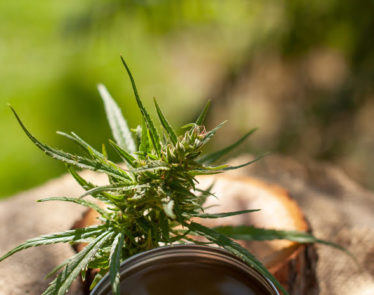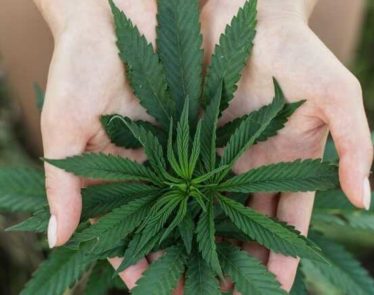
Eyes have turned to the cannabis market in the past few years, taking it from a precarious industry to a booming one that grew to around $10 billion in the United States in 2018.
Recently, the market has undergone a switch, with more and more companies leaning toward creating hemp CBD products. But why? Why would companies decide to use hemp rather than cannabis to develop their products?
Well, there are a few reasons that come to mind.
Hemp CBD Products: The Preferred Method
Some choose to ingest cannabis, and others inhale it. Just as users have choices, so do the companies creating the products. And while CBD remains the rage, companies are preferring the option of hemp-derived CBD oil rather than the CBD oil derived from cannabis. With hemp-derived CBD oil, it can either be CBD-isolate or "full spectrum" CBD, which is a whole-plant extract.
The rise in popularity goes back to December of 2018; this was when the Farm Bill was passed, removing hemp from the federal list of controlled substances and allowing the legal production of hemp CBD products. Of course, using hemp-derived CBD oil has its disadvantages, with the main being that hemp has a lower percentage of cannabidiol compared to cannabis strains. It looks, however, that the advantages surpass the disadvantages. These advantages include hemp CBD being cheaper to produce, and the passing of the 2018 Farm Bill leading to friendlier hemp laws in the United States.
>> VFF Stock Corrects on Broader Weakness: Pure Sunfarms Updates
Growing consumer interest has been enough of an incentive for companies to move into hemp-derived CBD oil, and for those that have, it's paying off. Take Canopy Growth (TSX:WEED) (NYSE:CGC) and Wildflower Brands (CSE:SUN) (OTCQB:WLDFF), for instance. In just nine months last year, the online sales of hemp producer Wildflower Brands increased by 300%. And to show just how influential the passing of the Farm Bill was for the hemp-derived CBD market, Canopy Growth announced within a month of the passing that it received a New York license to produce and process hemp. It's also going to build a more than $100 million hemp cultivation facility in the northeastern state.
It's not just consumer interest that has made hemp CBD oil the preferred option. Yet another attractive feature of the industrial production of hemp is that it's allowed for the creation of different products, from topicals to hemp CBD-infused drinks. Look at WeedMD (TSXV:WMD) (OTCQX:WDDMF) and behemoths like Sephora. In March 2018, WeedMD entered into a relationship with Phivida Holdings, forming CanBev, which sells hemp-based CBD food and drinks. Sephora, on the other end of the spectrum, has started selling CBD-infused makeup and beauty products.
A Trend Worth Following?
Sure, there are disadvantages of using hemp CBD oil; but when friendlier laws center around something that is clearly gaining massive amounts of market attention, why wouldn't companies jump on the bandwagon? If this trend keeps up and more hemp is produced, soon it won't be a matter of jumping on the bandwagon. It will come down to whether companies are willing to take their chances in the dominating section of the industry.
Featured image: PixaBay













